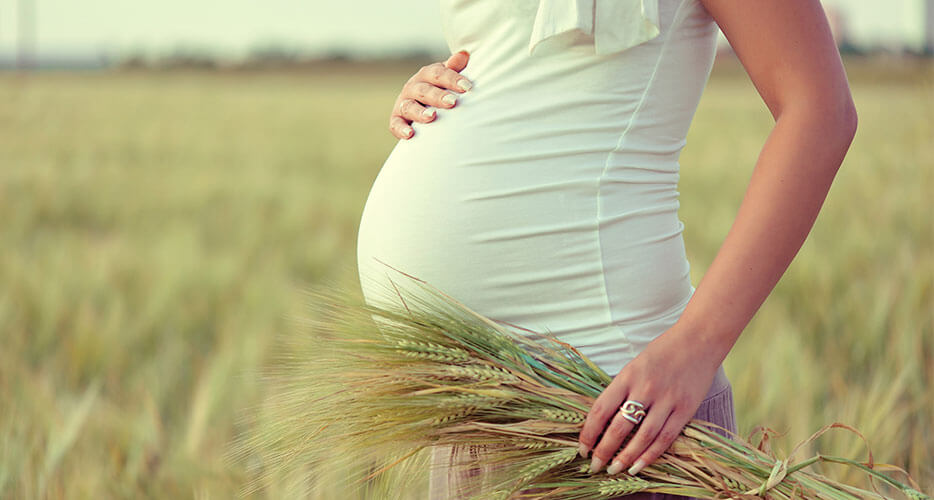
A healthy lifestyle and a right psychological approach are of fundamental importance to better manage a moment of strong emotions and great changes like that of pregnancy.
Misura's interview with Dr. Andrea Del Seppia
Let's talk about the topic with our nutritionist, Dr. Andrea Del Seppia.
There are now numerous evidences that environmental, genetic and behavioral factors can contribute to a better preparation of women for pregnancy and better management of the months that will follow. For example, it is very important to avoid a sedentary lifestyle and a nutritionally unbalanced diet: both these attitudes can in fact lead to an uncontrolled increase in weight which in turn can have harmful effects on the unborn child and on the mother herself, both from a physical and psychological point of view.
Speaking of nutrition, the contribution of fruit, vegetables, legumes and whole grains is fundamental, which thanks to the fiber they contain promote intestinal well-being and allow greater glycemic control. The fiber, in fact, helps to improve the constipation phenomenon that often occurs during pregnancy, promotes the sense of satiety, with a consequent better weight control, and reduces the absorption of ingested sugars, limiting glycemic peaks and consequently the possibility of developing gestational diabetes. For the welfare of the fetus it is important to limit fats, fried foods and carbonated or sugary drinks, maintaining a high water supply to favor the formation of amniotic fluid.
Also according to the Ministry of Health, the woman who follows a varied diet, maintaining an optimal intake of foods such as fruit, vegetables and legumes, covers all the needs of vitamins without resorting to particular supplements, except for folic acid. The same can also be said for minerals, paying particular attention to the needs in calcium, iron and iodine. It is necessary to keep in mind that the energy, macro and micronutrient needs, and consequently the appetite, undergo a physiological increase throughout the course of pregnancy to allow the correct development of the fetus and maternal tissues. This translates into a variable weight increase depending on the quarter considered: according to the Ministry of Health, in the months following the first quarter, where weight gain is not significant (about 1 kg), it can reach up to 1/2 Kg per week.

The increased requirements can be covered in a balanced way by maintaining a correct balance between carbohydrates, fats and proteins in the quantities recommended by the nutritional guidelines. However, each diet should be adapted to each individual mother, taking into account the nutritional needs on a case by case basis. Remember the importance of being always followed by a specialist in the field who can adapt all the nutrients to the diet of the single mother, thus avoiding any deficiencies.
In order not to lose sight of oneself and one's own well-being, my advice to future mothers is to accompany the balanced diet to constant exercise by practicing light and relaxing activities, for example in water, or even pilates, yoga and walking exercises outside. It is now recognized, in fact, that movement plays an important role in maintaining good physical and mental health, in fact, in addition to releasing endorphins, known as "happiness hormones", exercise also helps the woman to regain the right weight after pregnancy. However, relaxing activities such as reading, resting and listening to good music that stimulates the happiness of the mother and consequently also that of the fetus should not be forgotten.
Read the article on Misura® website
Read the article on Misura® Facebook official page
Link to Dr. Andrea Del Seppia page on the official Misura® website
Misura® is a registered trademark of Colussi S.p.A. The material reported in this article is the property of Colussi, who authorized its publication.